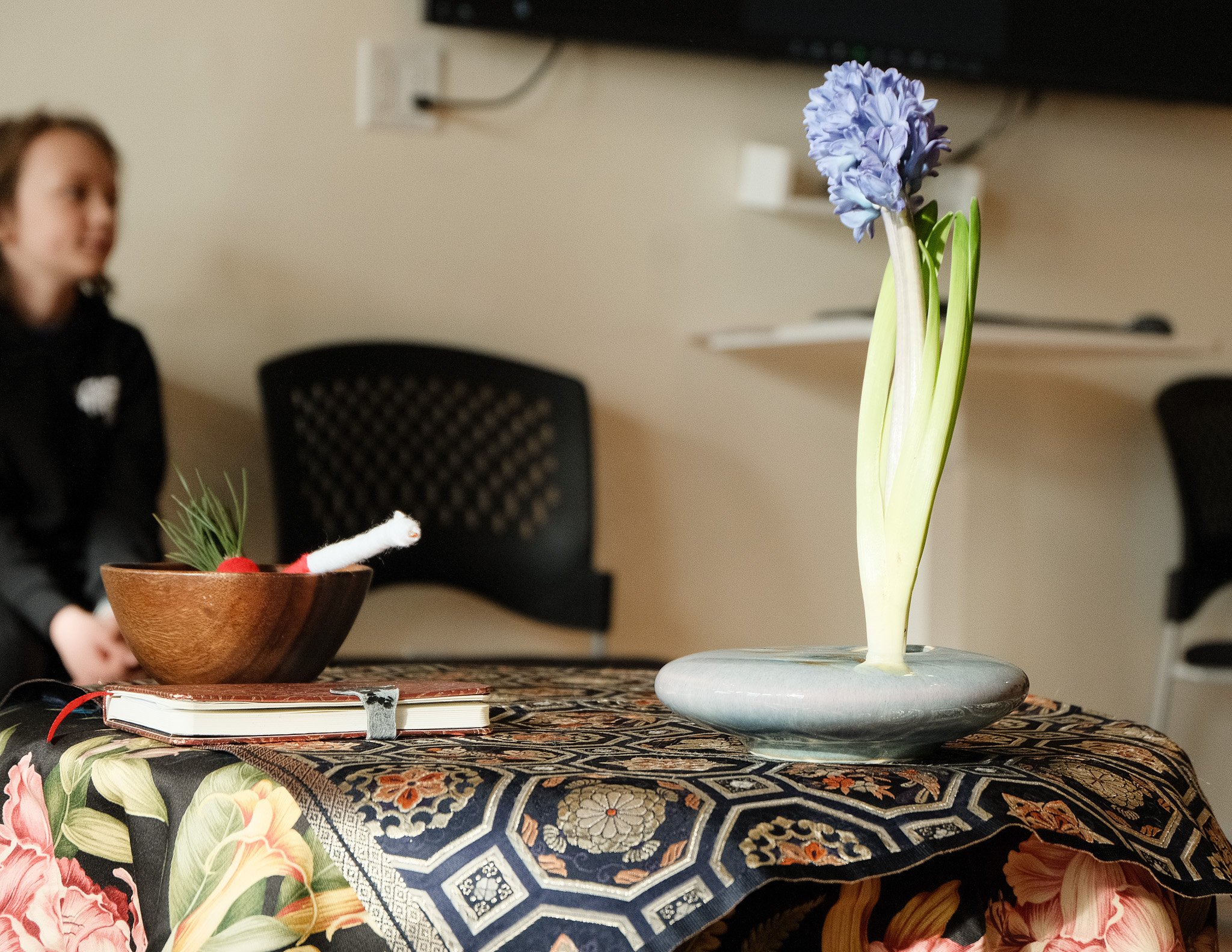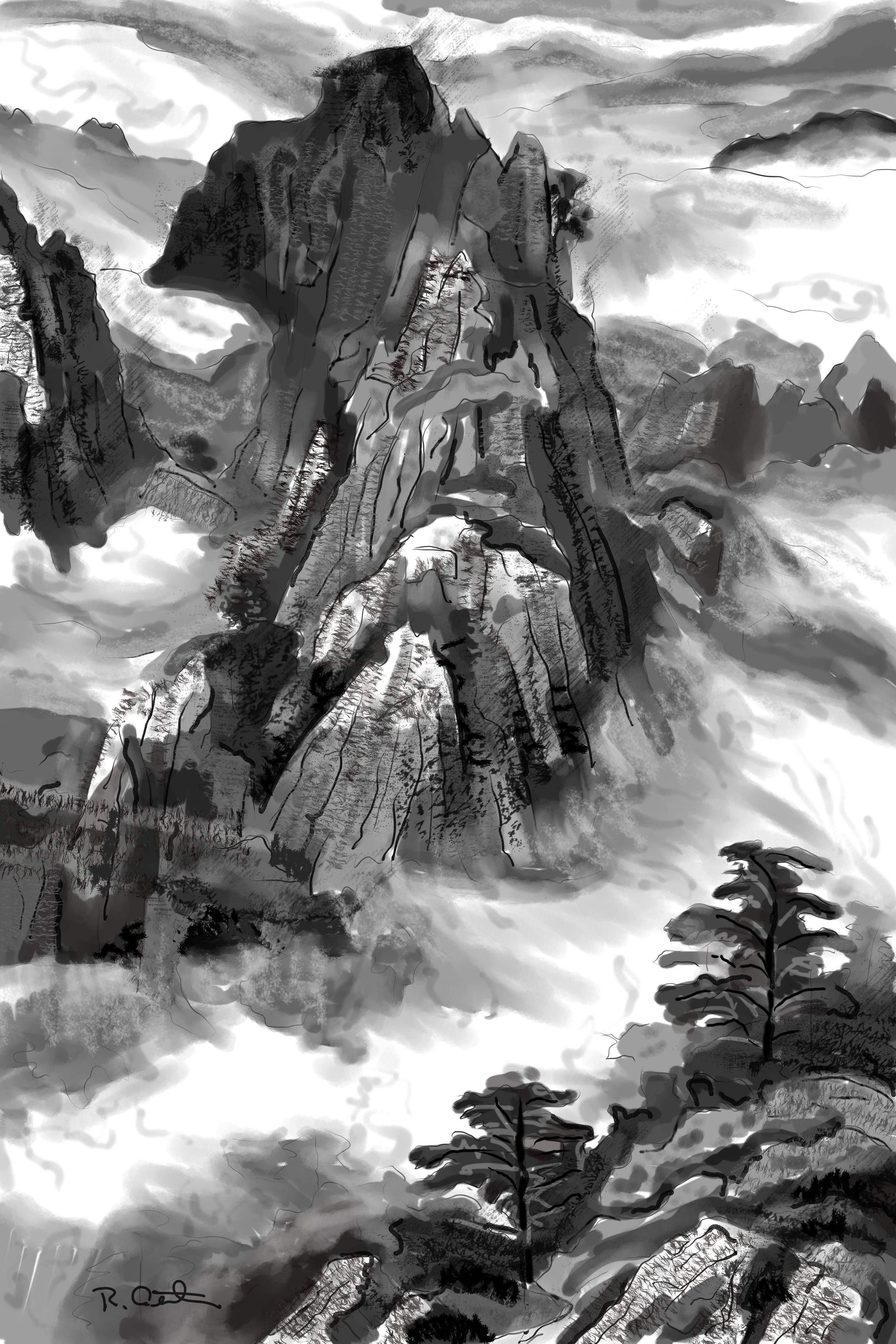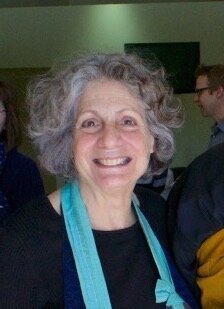
ZenLife Blog

After Awakening
This is the crux of the whole Genjokoan. He’s saying that when you look at your reflection in water, there’s a tipping point: either the water’s transparent or it’s murky and reflective like a mirror. It doesn’t gradually become a mirror. It’s either a mirror or it isn’t. Dogen is using this as a metaphor: when you drop off the body-mind, when you forget the self, you become a mirror that reflects the dharma.

Interview with Roshi Eve Myonen Marko
I was born in Israel in an orthodox Jewish family, and came here when I was 7. Both of my parents were Holocaust survivors, and I know that affected me from a very young age. As a small child I was aware of terrible suffering that people could inflict on each other. It’s a dimension of life that has never left me, and even defined me for many years. It was why I was so attracted to Bernie’s vision of Zen and social change.

